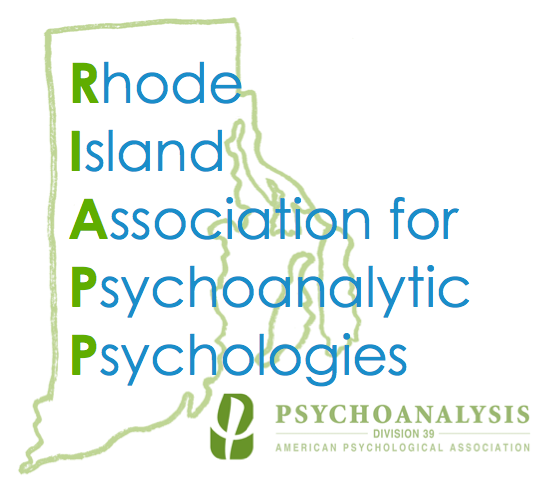This event will be held virtually, via zoom. Please preregister by 5pm on Tuesday 1/31 to receive a link. Links will be sent out the day of the event.
Abstract
This presentation considers evidence from 14 years of psychoanalytic psychotherapy with my patient “Sam.” I began seeing Sam when he was 11 years old. He is now 25.
This presentation is evidence-based, in that we examine the evidence Sam has produced. This evidence is a series of “graphic novels” which Sam began drawing during our first session of psychotherapy. I propose we examine this evidence together and discuss what it tells us about autism.
As background for our discussion are three papers dealing with Sam and the evidence supplied by his drawings.
Objectives
At the conclusion of this seminar, participants will be able to:
Discuss some of the defences used by those with autism and assess how autistic defences may shift in response to psychoanalytic psychotherapy.
Describe aspects of psychosexual development in those with autism and explain the possible impacts of autism on how psychosexual development unfolds.
Compare the defensive and the adaptive aspects of artistic rituals and adumbrate the anxieties which provoke these rituals.
Bio
Robin Holloway is a Registered Psychologist providing psychoanalytic psychotherapy to children, adolescents. He is a graduate of CICAPP (The Canadian Institute for Child and Adolescent Psychoanalytic Psychotherapy) where he is now a supervisor and a teacher. Robin is in private practice at The Willow Centre in Toronto, Canada. Here, Robin has the privilege of working with a small group of like-minded clinicians where together we can discuss cases. Previously, Robin worked for 20 years in the Child and Family Services department of a public hospital where he participated in weekly assessments of children referred for possible autism spectrum disorder. Inspired by this experience and by hearing Anne Alvarez speak about autism to a group of graduate psychoanalytic psychotherapists (members of the Canadian Association of Psychoanalytic Child Therapists), Robin went on to develop a special interest in children with autism and Asperger’s. This in turn has led to several publications. Robin has been honoured to participate in the ASD Committee of the American Psychoanalytic Association.
References
Bernier, R., Dawson, G., and Nigg, J. (2020). What science tells us about autism spectrum disorder: making the right choices for your child. The Guilford Press.
Holloway, R. (2021). High-functioning autism: changes over fourteen years of psychoanalytic psychotherapy: part 1. Journal of Child Psychotherapy, 47(1), 67-89.
Holloway, R. (2021). High-functioning autism: changes over fourteen years of psychoanalytic psychotherapy: part two. Journal of Child Psychotherapy, 47(2), 168-187.
Holloway, R. (2022). High-functioning autism: changes over fourteen years of psychoanalytic psychotherapy: part three. Journal of Child Psychotherapy, 48(1), 6-29.
Leichsenring, F., Leweke, F., Klein, S., and Steinert, C. (2015). The empirical status of psychodynamic psychotherapy – an update: Bambi’s alive and kicking. Psychotherapy and Psychosomatics, 84(3), 129-148.
Accreditation
This activity has been planned and implemented in accordance with the Accreditation Criteria and Policies of the Accreditation Council for Continuing Medical Education through the joint providership of Rhode Island Hospital and Rhode Island Association for Psychoanalytic Psychologies. Rhode Island Hospital is accredited by the Accreditation Council for Continuing Medical Education (ACCME) to provide continuing medical education for physicians.
Physicians: Rhode Island Hospital designates this live activity for a maximum of 1.50 AMA PRA Category 1 Credit(s)™. Physicians should claim only the credit commensurate with the extent of their participation in the activity.
Psychologists: This program, when attended in its entirety, is available for 1.5 continuing education credits. Division 39 is approved by the American Psychological Association to sponsor continuing education. Division 39 maintains responsibility for this program and its content.
Social Workers: This program has been approved for 1.5 Social Work Continuing Education hours in Cross Cultural Practice for relicensure by National Association for Social Work RI Chapter, in accordance with 258 CMR.

